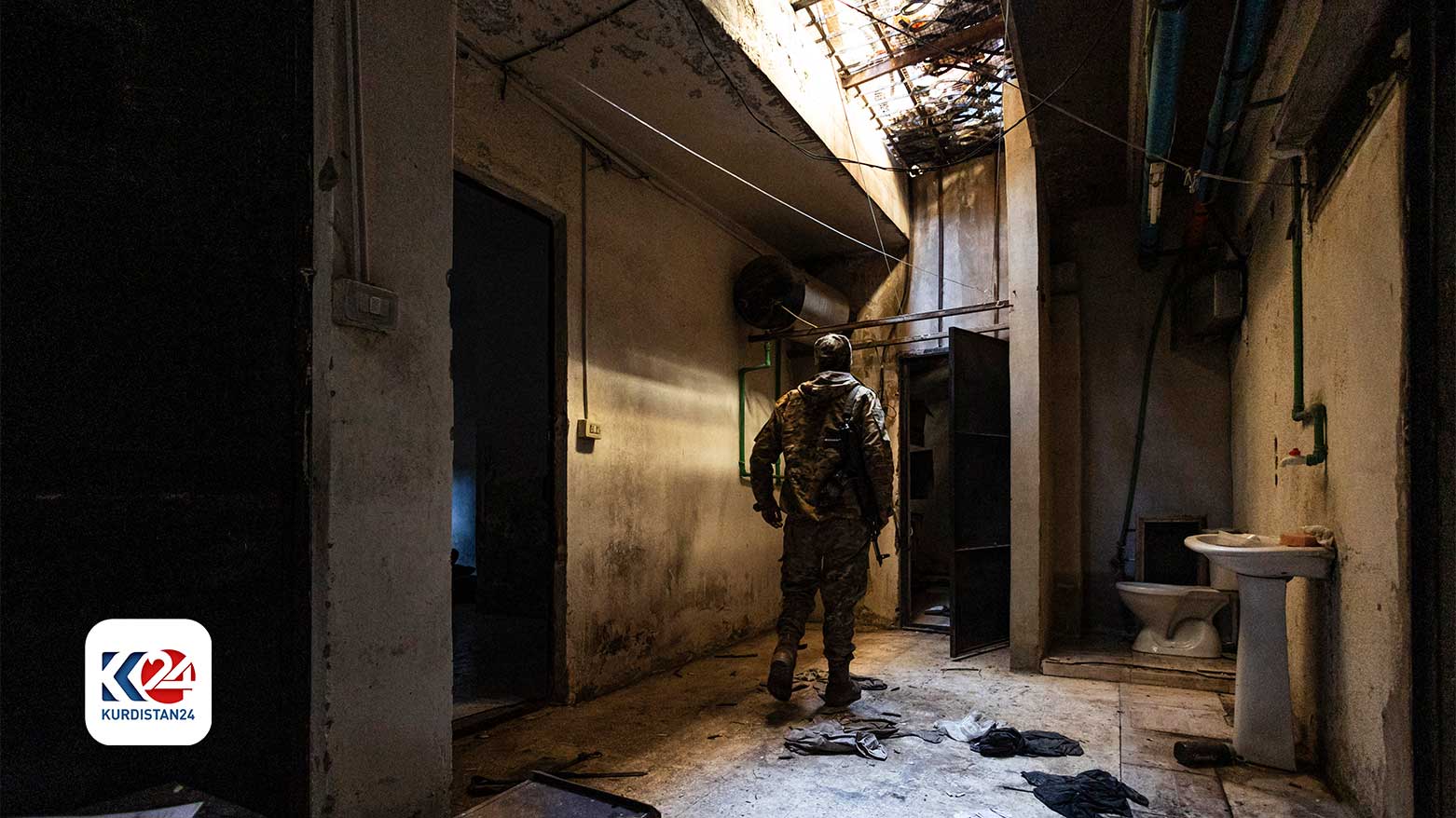Leaked files expose Assad regime’s covert network of agents, operations
These secretive operations, uncovered in security branch offices in Damascus and other provinces, reveal a systematic infiltration strategy that safeguarded the Assad regime’s grip on power.

Dec. 26, 2024
ERBIL (Kurdistan 24) – Recently leaked files discovered by Hayat Tahrir al-Sham (HTS), led by Ahmed al-Sharaa, expose a clandestine network of agents connected with the former Syrian regime, spanning state institutions and society.
These secretive operations, uncovered in security branch offices in Damascus and other provinces, reveal a systematic infiltration strategy that safeguarded the Assad regime’s grip on power.
Infiltration and Objectives
The leaked documents unveil the existence of organized, covert cells spread across Syria, including rural areas.
These networks, containing informants implanted within various institutions, intended to protect the ruling family and undermine internal stability.
The Baath Party apparently sent agents to study in religious institutions, including the Faculty of Sharia, further implanting operatives across diverse sectors.
Tactics and Activities
The files specify numerous illegitimate operations intended to corrode Syrian society and eradicate opposition, including:
1. Targeted Assassinations and Cover-Ups: Eliminating regime opponents through direct murders camouflaged as suicides.
2. Fabrication and Smear Campaigns: Framing political figures and damaging opposition families' reputations.
3. Espionage and Entrapment: Wiretapping opposition members and orchestrating personal scandals to discredit them. Monitoring opposition families, with a focus on daughters, to exploit vulnerabilities.
4. Drug Trafficking and Addiction: Spreading drugs among youth to influence or extort individuals into obedience.
5. Social Fragmentation: Enflaming inter-family and inter-clan conflicts to weaken social cohesion.
6. Economic Manipulation: Controlling currency markets and exploiting traders to destabilize the economy.
7. Institutional Subversion: Infiltrating humanitarian organizations, including the Syrian Red Crescent, for covert operations.
8. Document Forgery and Real Estate Fraud: Fabricating official records to blackmail or seek out opposition members.
9. Miscellaneous Acts of Sabotage: Contaminating drinking water supplies. Preventing the travel of doctors implicated in falsified death certificates.
Mass Graves and Evidence Destruction
A letter from Branch 291 reportedly acknowledges mass graves in Qatana, Damascus countryside, questioning efforts to hide their existence.
Absolute Immunity for Operatives
The leaked files suggest the agents functioned under the regime’s direct supervision, enjoying immunity and authority that placed them above legal answerability.
This impunity permitted the networks to perform and carry out their plans without fear of repercussions.
Regime's Strategy of Control
The Assad regime’s dependence on covert infiltration, economic manipulation, and social fragmentation underlined its deliberate effort to weaken Syrian society.
By fostering disharmony and smothering dissent, the regime aimed to maintain its grip on power amid growing domestic and international pressure.